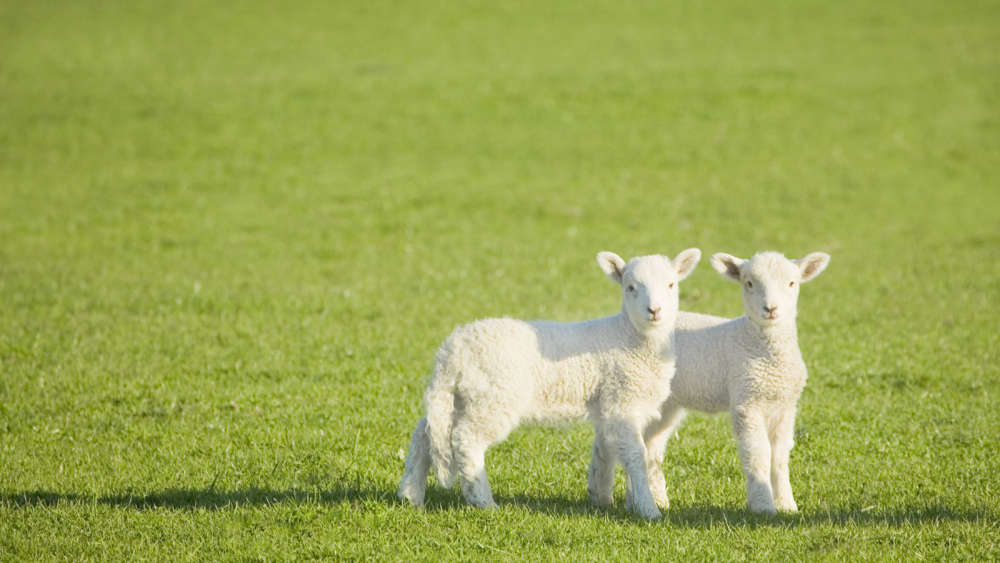
Public health officials have warned farmers not to offer close contact with animals at public feeding events.
It follows a recent cryptosporidium outbreak linked to feeding and petting sessions at a farm shop in Cowbridge.
Public Health Wales (PHW) says that people with closer levels of contact, such as holding, kissing and cuddling lambs, were more likely to become ill than those who did not touch the animals.
A report, published on Thursday was commissioned following a larger cryptosporidium outbreak last year involving an unnamed farm in South Wales, which had been holding lamb feeding events and encouraged visitors to hold and cuddle the animals.
Over 200 people became ill and 18 people needed hospital treatment - with children under the age of 10 four times more likely to become unwell.
Cryptosporidium is a parasite that can cause gastrointestinal illness. It is often linked to contact with animals, especially young farm animals such as calves and lambs.
Dr Christopher Williams, a consultant epidemologist at PHW, said: "We know that farmers want to run safe, enjoyable events for the general public and that lamb feeding events are increasingly popular, especially with families."
"However, cryptosporidium and other infectious diseases are spread very easily in these environments and they can have serious consequences – particularly among young children who are the most likely to become ill."
"It is really important that effective safety provisions are made for these events, as cryptosporidium is very common in young animals, and this report shows that when young children have close contact with animals like lambs – when they cuddle, kiss or nuzzle their faces – then there is a significant risk of contracting the infection, which can cause serious illness and result in hospitalisation."
The report, presented on the final day of the Royal Welsh Show at Llanelwedd, recommends better handwashing facilities, including hot and cold running water, liquid soap and paper towels - along with signage advising people to wash their hands regularly on the premises.
They also advise that hand sanitiser and alcohol gel is not effective against cryptosporidium.
They suggest farmers should also be aware of existing guidance when planning open farm events and provide visitors with information about the risk of infection when they are booking events.
Dr Christopher Williams added: "This report recommends that lamb or calf feeding is supervised and done with the animals separated from the visitors by their pens. This means that people can still bottle feed the animals but can have greater protection against illness."
"It’s also vital that when any farmers planning to hold any farm visitor events involving animal activities familiarise themselves with the existing guidance and take all the precautions they can to ensure that their visitors have a safe experience – and will want to come back again."
“We would also like to see farmers make their visitors aware of the risks involved in having close contact with young animals, so that people are educated before they attend.
“I would encourage any farmers who are considering opening their farms for these events to consider all the risks, and plan ahead early to enable them to make all the necessary provisions possible in order to keep their visitors safe from infection.”
A full review into the outbreak at Marlborough Grange Farm, which was declared officially over last month, is being carried out by PHW.



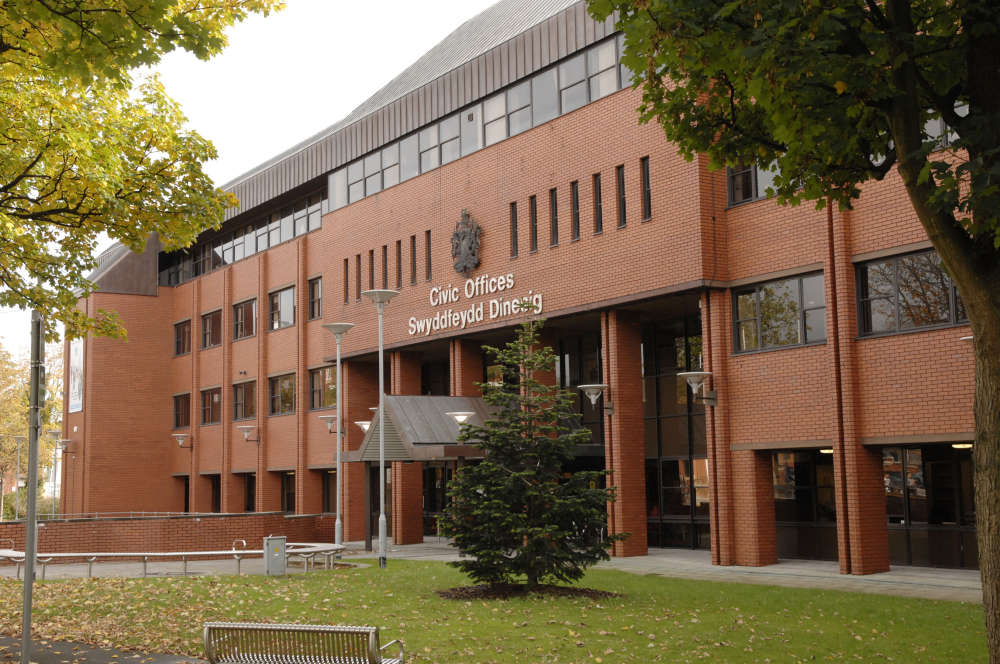 Vale Councillor blasts school funding in the county
Vale Councillor blasts school funding in the county
 Bear Field Skate Park set for major upgrade as part of new Placemaking Plans
Bear Field Skate Park set for major upgrade as part of new Placemaking Plans
 New apprenticeship courses in construction to be introduced in Wales
New apprenticeship courses in construction to be introduced in Wales
 Former Penarth Bank could become a cafe
Former Penarth Bank could become a cafe
 New poll shows majority of Welsh voters lack voting confidence ahead of Senedd Election
New poll shows majority of Welsh voters lack voting confidence ahead of Senedd Election
 Construction hub secured for rail upgrades
Construction hub secured for rail upgrades
 Prolific thief banned from Holton Road
Prolific thief banned from Holton Road
 Cowbridge: plans for more holiday lodges
Cowbridge: plans for more holiday lodges
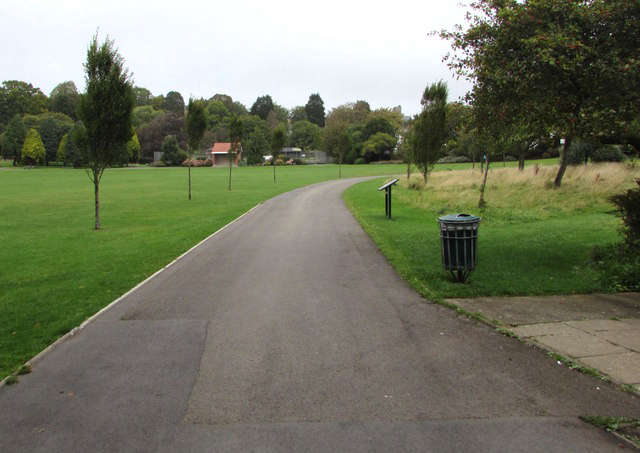 Man dies suddenly in Romilly Park
Man dies suddenly in Romilly Park
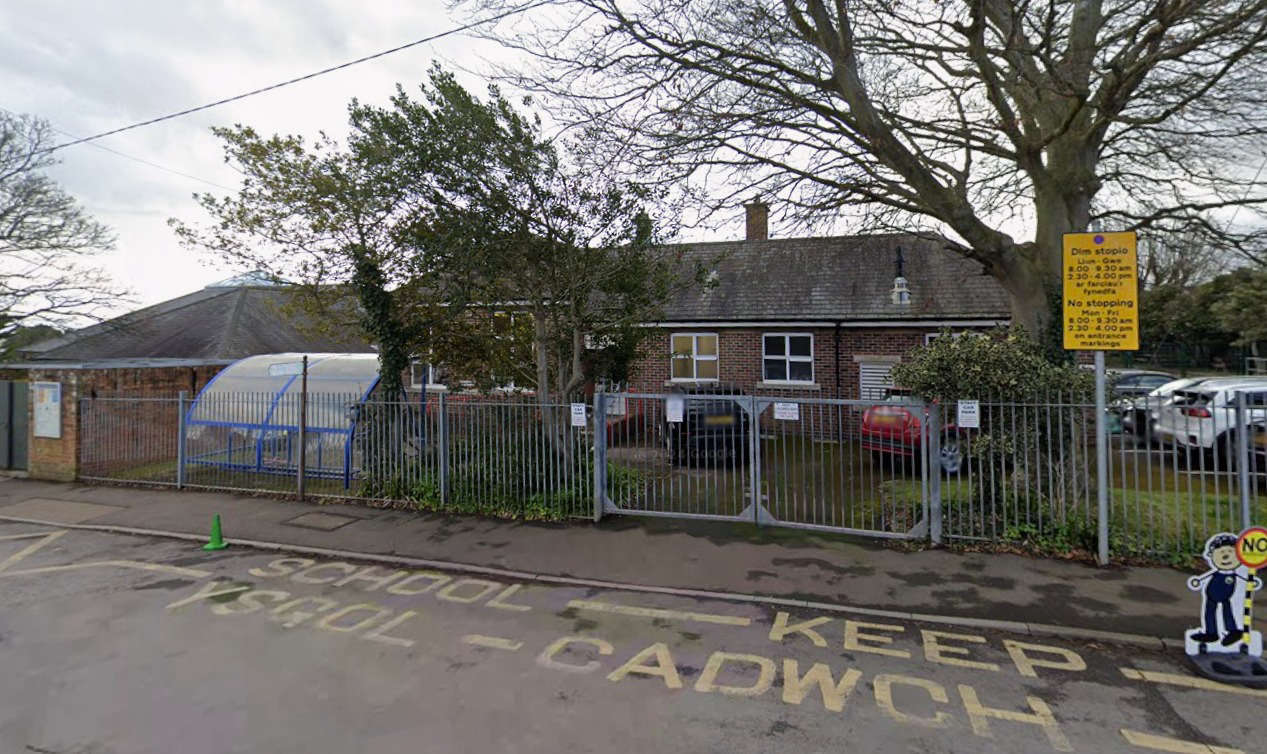 Cash boost for Sully Primary School
Cash boost for Sully Primary School
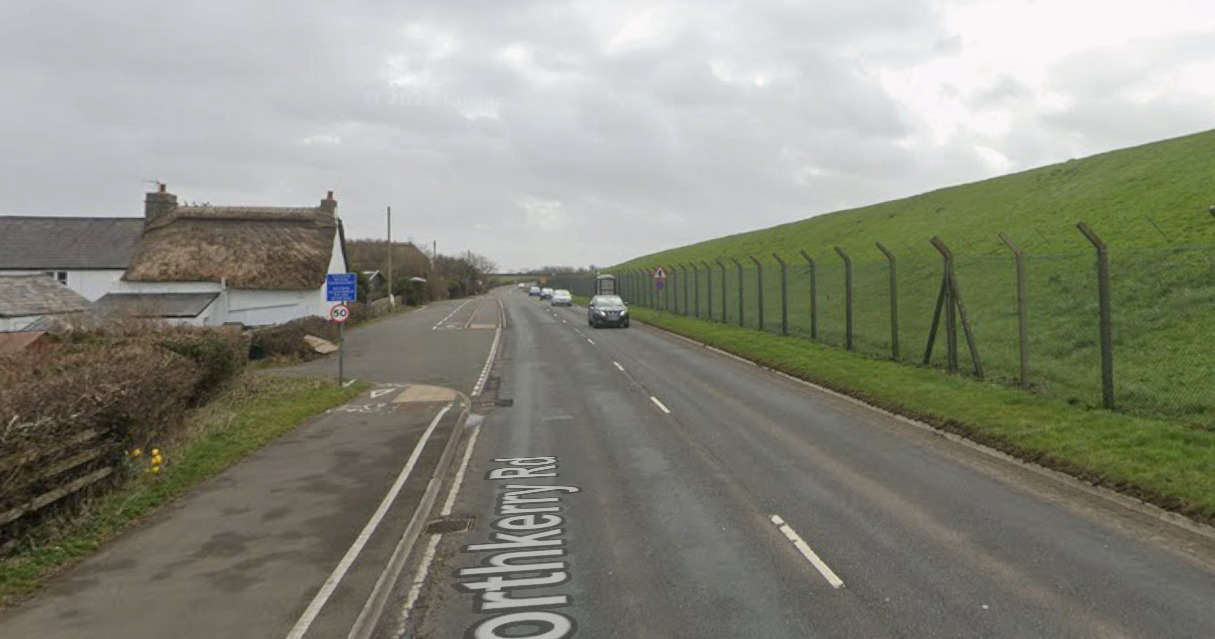 Speed limits reduced despite objections
Speed limits reduced despite objections
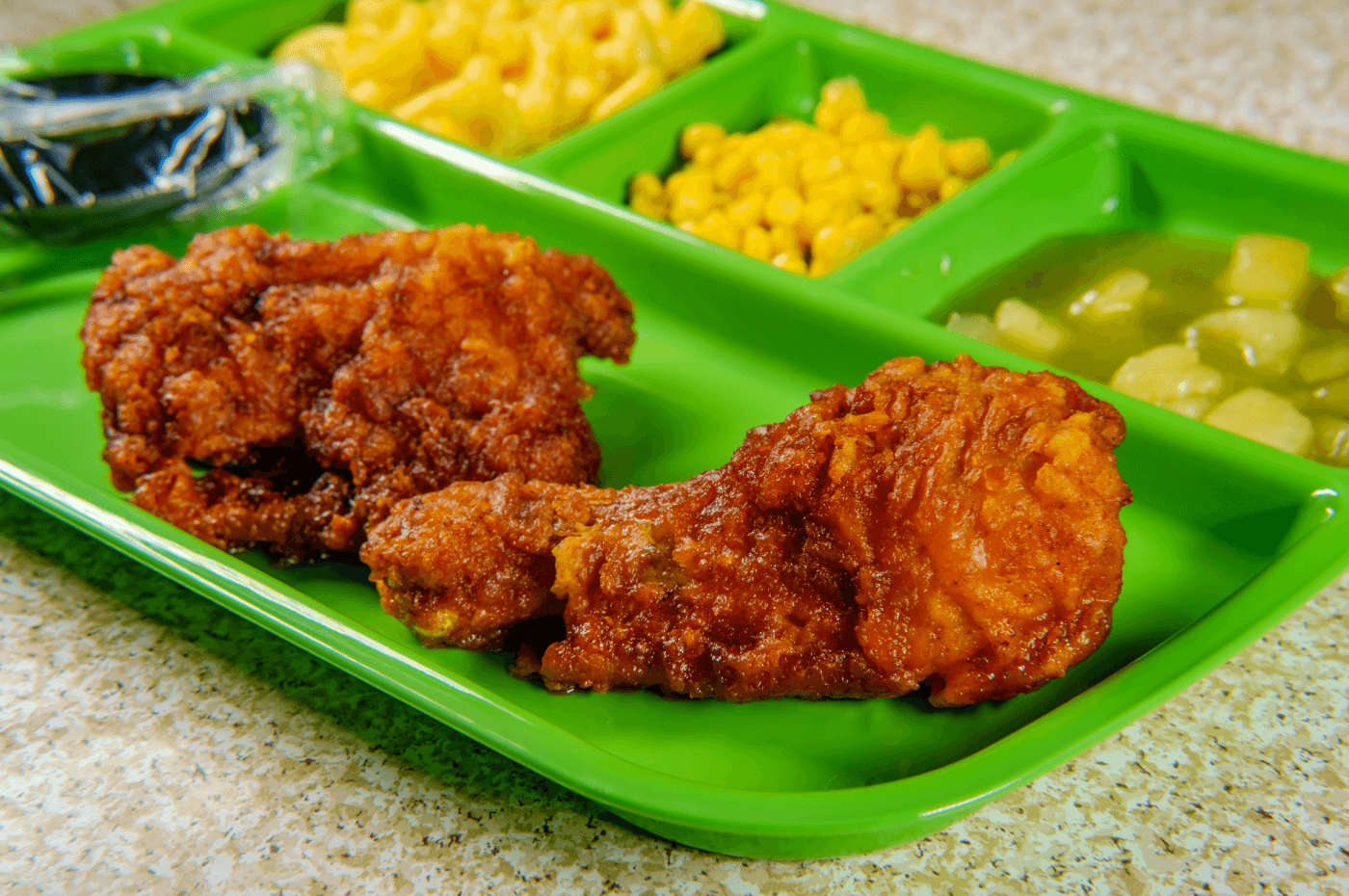 Concern over imported chicken in school meals
Concern over imported chicken in school meals
 A48 closed after three-vehicle collision
A48 closed after three-vehicle collision
 Rhys unveils red bench 'in living memory'
Rhys unveils red bench 'in living memory'
 Barry: plans lodged for 70-home development
Barry: plans lodged for 70-home development
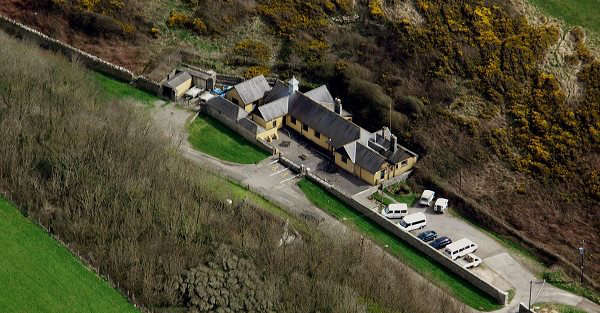 Plans to revamp Heritage Coast centre
Plans to revamp Heritage Coast centre
 Carnival drummers join pirate opera encore
Carnival drummers join pirate opera encore





